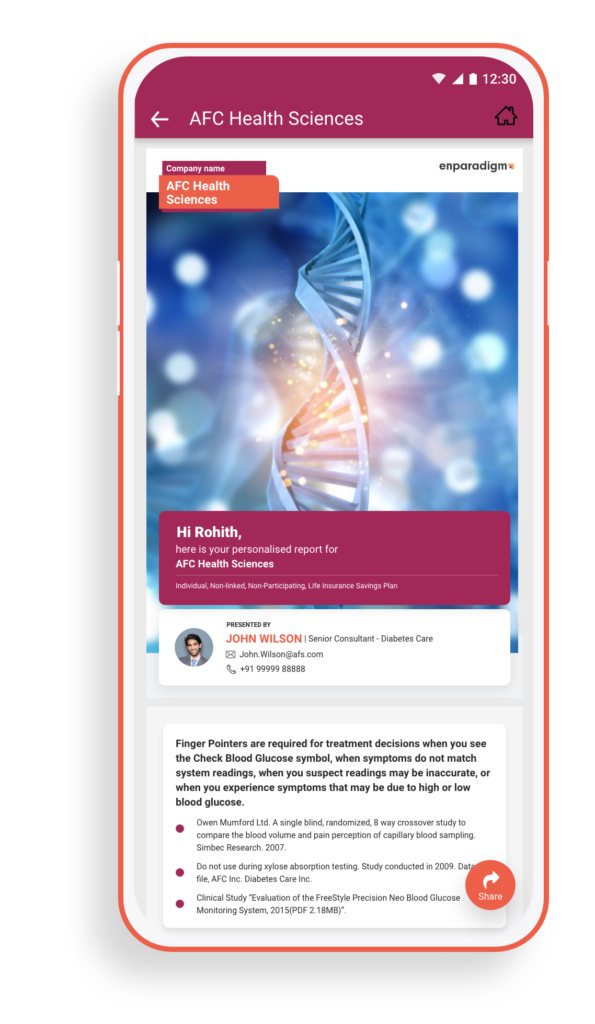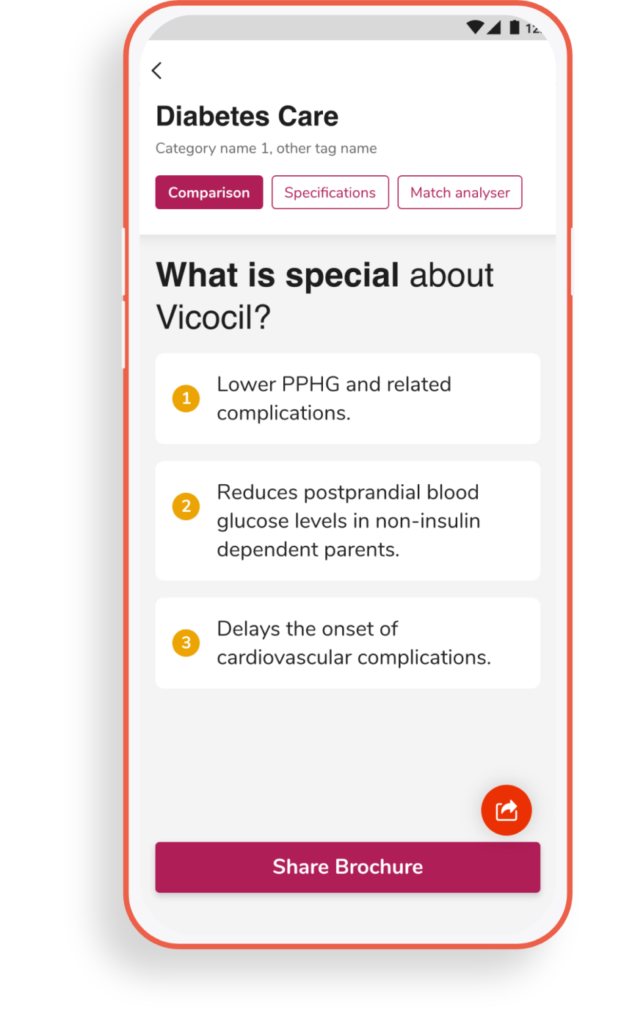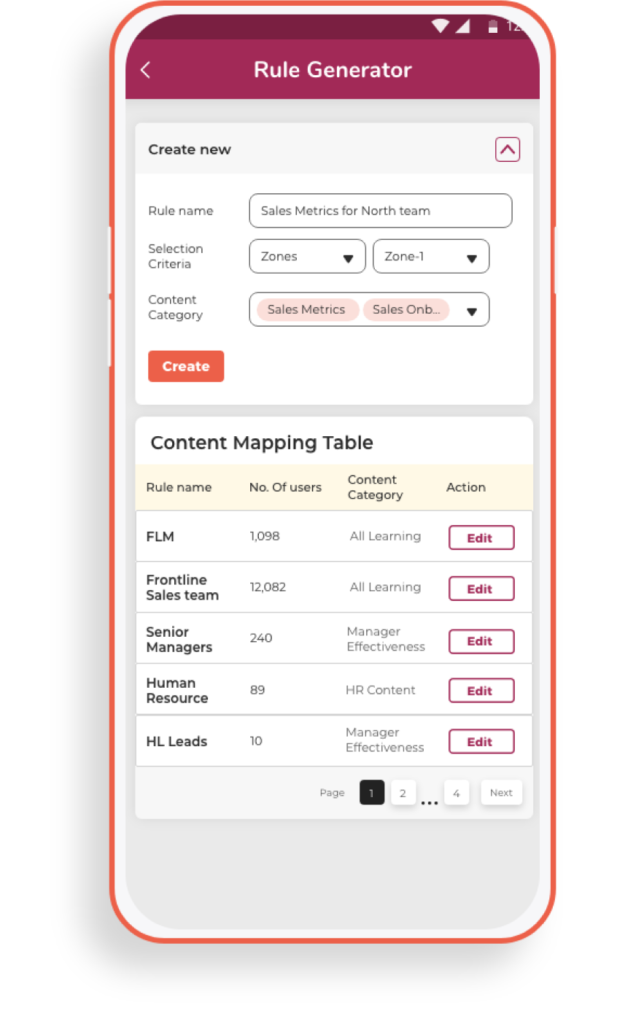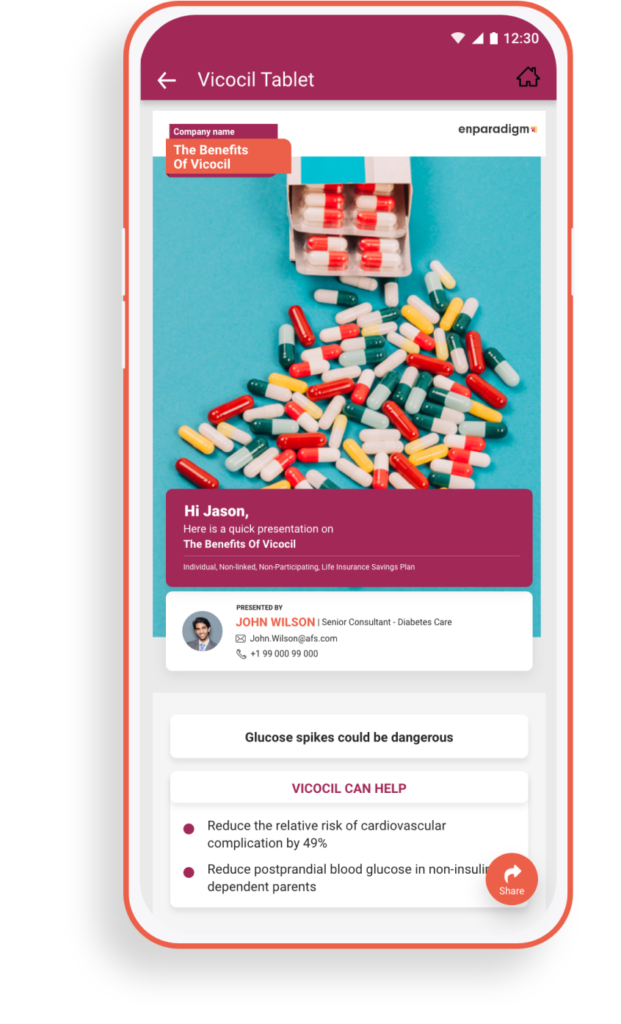Pharma is among the toughest sectors to be a salesperson in. The customer base is diverse – from individual doctors to nursing homes to large hospital chains with dedicated procurement departments. The former often want more clinical depth and safety information, while the latter have questions around returns on investment. The database of products to be sold is equally diverse – drugs and drug combinations, delivered in pills, syrups and injectables, with a bewildering range of indications, side-effects and counter – indications that a salesperson needs to have at the tips of their fingers. Finally, the salesperson also needs to keep up with research and developments in the industry, as old products are phased out for new ones, new uses are found for old products and new laws and regulations change the scenario.
Pre-pandemic, sales reps spent much of their time in physical meetings, with product literature. This often left them and their managers with little to no time for product training, especially for those operating far from head offices. This resulted in obvious cracks which were exposed while handling the objections and answering questions put forth by HCPs.
In the post-pandemic world, virtual meetings have replaced physical meetings, giving more time for sales reps to prepare better for each call, and have increased virtual-time with prospective buyers. Yet some of the biggest organizational challenges for pharma companies still remain, being:
- The need to overcome the limitations of reduced personal connect
- The need to position sales reps as subject matter experts
- A lack of consistent product messaging
Sales enablement is a multidisciplinary approach to make information gathering and dispensation easier for medical representatives, using data science and artificial intelligence. Let’s look at some of the ways that an intuitive and robust sales enablement platform can superpower the pharma sales reps –

- Personalization: Several studies have shown that marketing material, whether in the form of emails or e-brochures, is more effective when personalized with the names and designations of the person addressed.

- Speed of Response: Customers have a range of questions, from the deeply clinical ones of doctors to those around revenue and return on investment from procurement departments. An ideal sales enablement platform will provide this information in ready-to-serve formats, so that the response time is in terms of minutes, not hours.

- Consolidation: Medical representatives become resistant when they need to switch between different apps for lead management, intra-organization communication and reporting, collateral management, presentation-making and other functions. Consolidating various sales-related platforms into one convenient interface for the med reps as well as their line managers is the winning formula for any sales enablement software.

- Mobile-first: This is the test of whether a sales enablement platform will succeed or not. While desktop- and browser-based systems may work, a return to normal is going to be a mixture of digital and physical meetings. Having the platform on the representative’s mobile phones will help them be ready at all times.
Challenging times lay ahead for the sales departments in the pharma industry. The COVID-19 pandemic will surely not be the first disruption, as recent geopolitical tensions, and economic turmoil show. Agile and adaptive sales enablement is thus a must-have in the coming months and years.
What are the Best Practices of Top 50 Pharma Companies to Connect with Doctors?
What’s the New Normal in Covid Impacted Pharma World? What are the New KPIs?
Today at 6 PM.

Register for your invitation – https://lnkd.in/gUZKzSHq
Arun Subramanian is a Co-founder & Head of Sales Enablement at Enparadigm. Arun and his team are building sharpsell.ai – a Sales Enablement and Learning platform that equips distributed field sales teams with ready-to-use product pitches, dynamic personalized content, and AI-powered coaching to help reps make compelling sales pitches and drive productivity.

